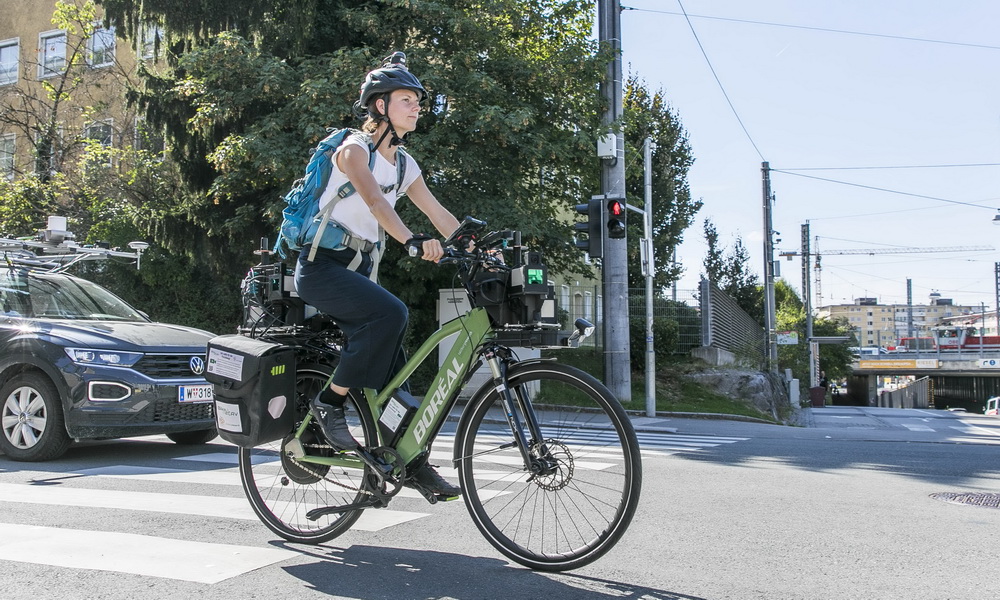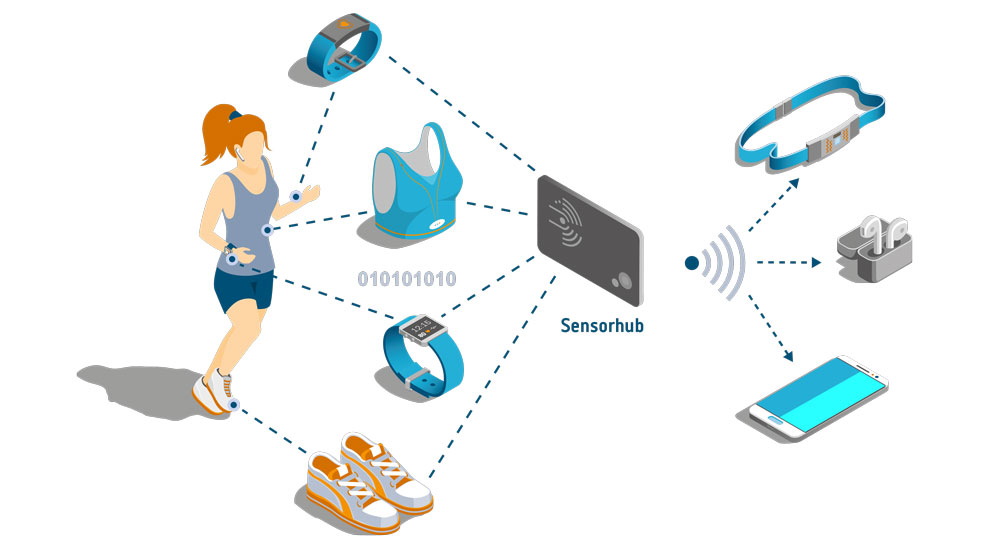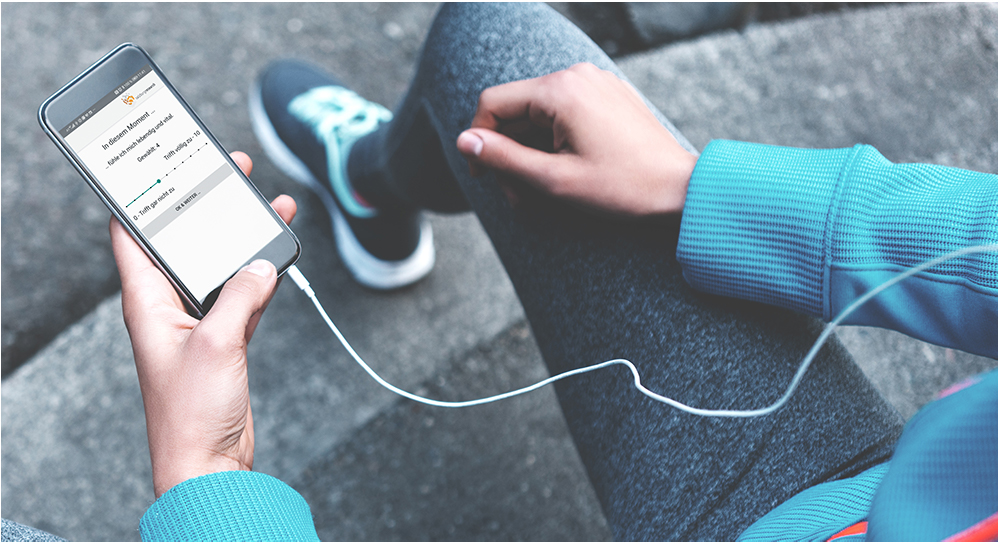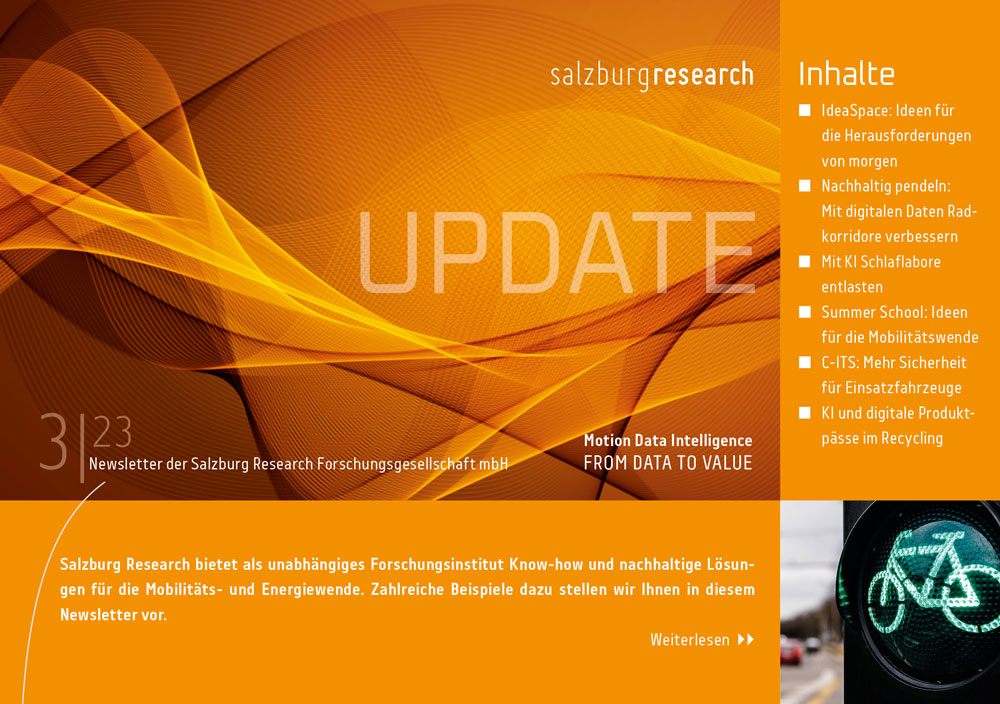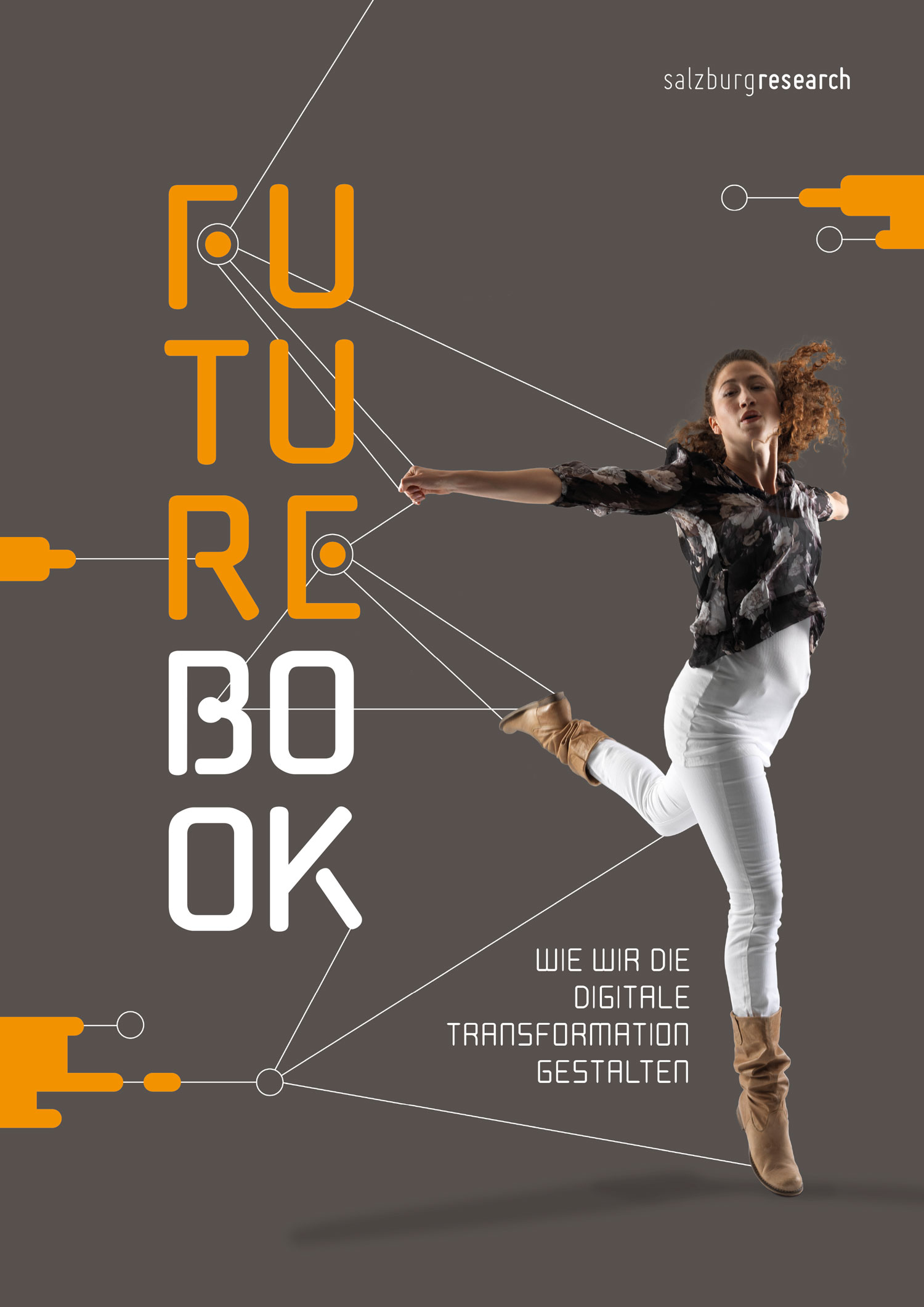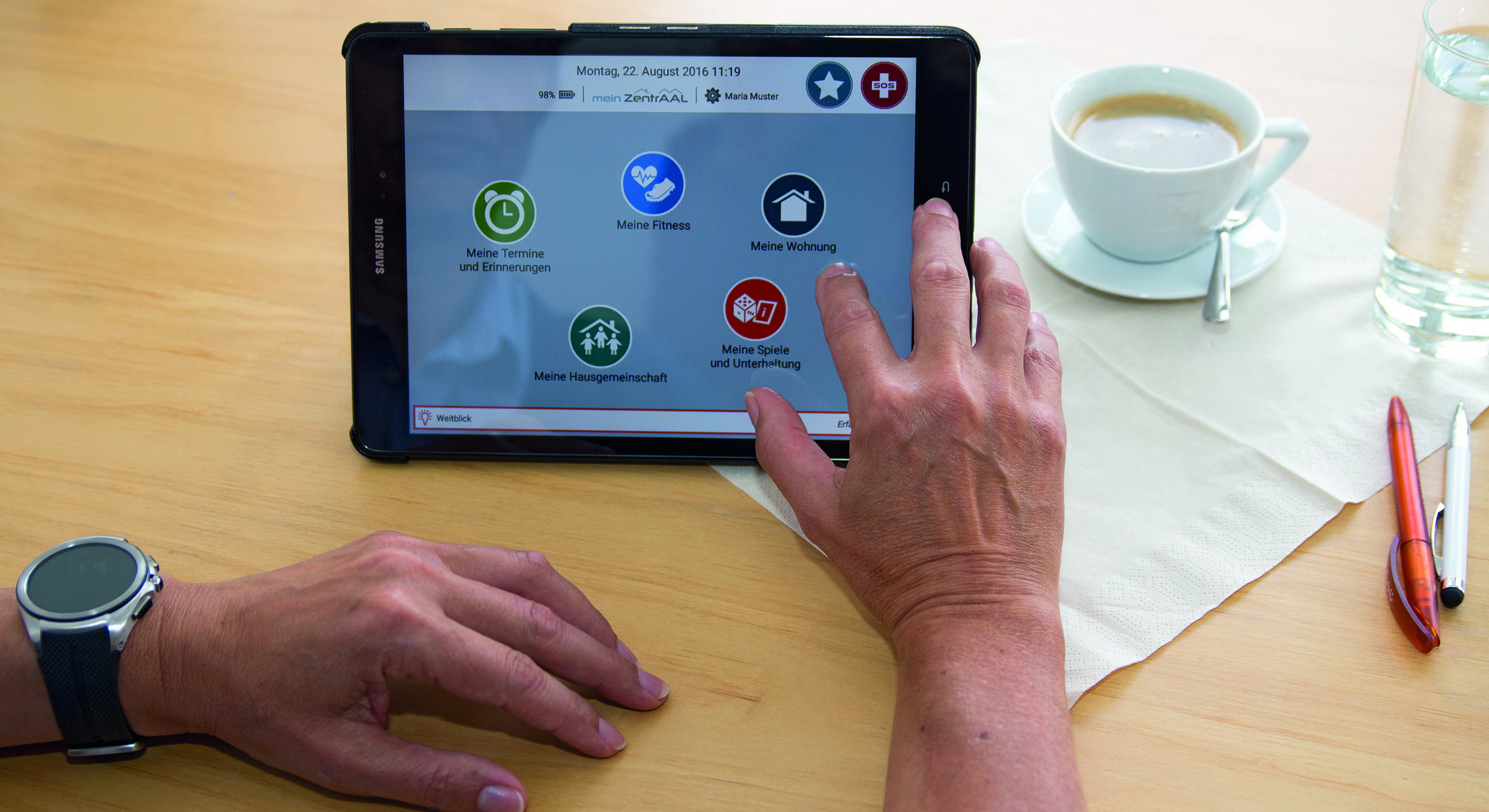
Study results: Smart Assisted Living – Findings of AAL Research
Self-determined and independent living in one’s own home – that is what many want as long as possible. Active Assisted Living Technologies (AAL) can help older people both at home and on the move. As part of the Salzburg Test Region for AAL Technologies “ZentrAAL”, an AAL system for “assisted living” was developed and evaluated over a period of 15 months in a field experiment with 60 persons each in the test and control group. The results of the research project have now been published in the volume “Smart Assisted Living – Use, System Acceptance and Effects of ‘my ZentrAAL’”.
“The test subjects were gradually introduced to various technologies”, explains project manager Cornelia Schneider of Salzburg Research. “However, they should not take anything away from the participants, which they can easily master themselves.” Tablets, digital door spies, cooker monitoring systems, window and door contacts, wireless light switches, digital scales and fitness and emergency call watches were all tested. These individual components were embedded in the senior-friendly platform “meinZentrAAL”.
The Most Important Findings
The study collected and evaluated data on system acceptance, usage behaviour, and impact analysis. The research team has succeeded in integrating the AAL system into the daily lives of users and dismantling initial scepticism. Especially the use of the mobile tablet was significantly higher than expected. On average, the device was used 1.3 times per person per day.
The AAL system was able to demonstrably improve the sense of security: smartwatches that had been converted into fitness and emergency clocks made it possible to place an emergency call at any time, even outside of one’s own home, at the touch of a button. “An improved sense of security can in turn promote mobility in the everyday lives of older people and thus contribute to a better quality of life”, says Cornelia Schneider. The clock worked reliably even when hiking and abroad. In addition to test distress calls could help during the 15-month test phase in 29 real emergency cases.

